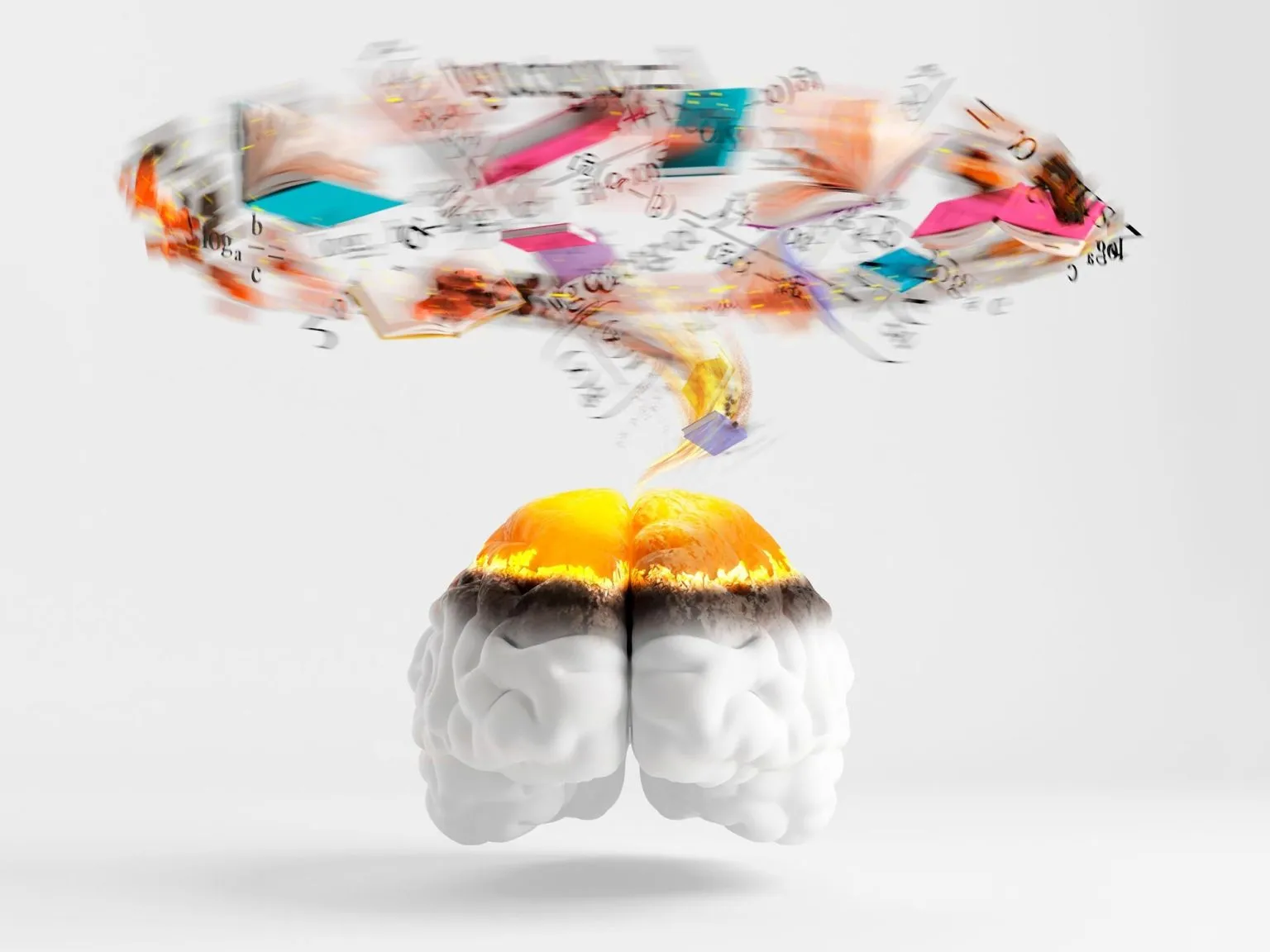The study shed new light on the process of memory recall. (ScitechDaily.com/Broad Implications: New Study Reveals Where Memory Fragments Are Stored)
A new study solved where memory fragments locate in the human brain. This kind of study can help to create technology that can help to minimize brain damage. The problem with brain cells is that when they have been destroyed. The memory fragments of those cells are destroyed.
And that thing makes replacing damaged neural tissue difficult. Another study has solved how brain cells are forming. In animal brains the brain neurons that are formed together wed distinct connectivity and activity throughout the animals’ adult lives.
That thing means, that the neurons are born in pairs keeping in touch their entire life. The neurons are formed in pairs because there should be an odd number of neurons in the brain. That thing eliminates the possibility that there is the same number of neurons in the case the brain must decide something. If every single neuron would have pair that thing makes it possible for the brain can lock. The odd number of neurons makes sure that the brain can make decisions.
So what kind of thing can solve memories for the damaged neurons?
In most cases, the lack of oxygen causes brain damage. There is the possibility that in the future nanotechnology can transfer mitochondria to those damaged neurons. And if the cloned neurons can move near them they can transfer memories to those new neurons.
The idea is that genetic material that is taken from damaged cells can use to clone new neurons and the memories from those cells can save by using nanotechnology. Those memories can be stored in electric form or the system can transfer the molecules to the new neurons. That kind of system can be a reality in the future. But that thing would be far away in the future.
https://scitechdaily.com/brain-neurons-born-together-wire-and-fire-together-for-life/
https://scitechdaily.com/broad-implications-new-study-reveals-where-memory-fragments-are-stored/





